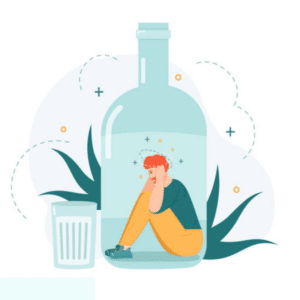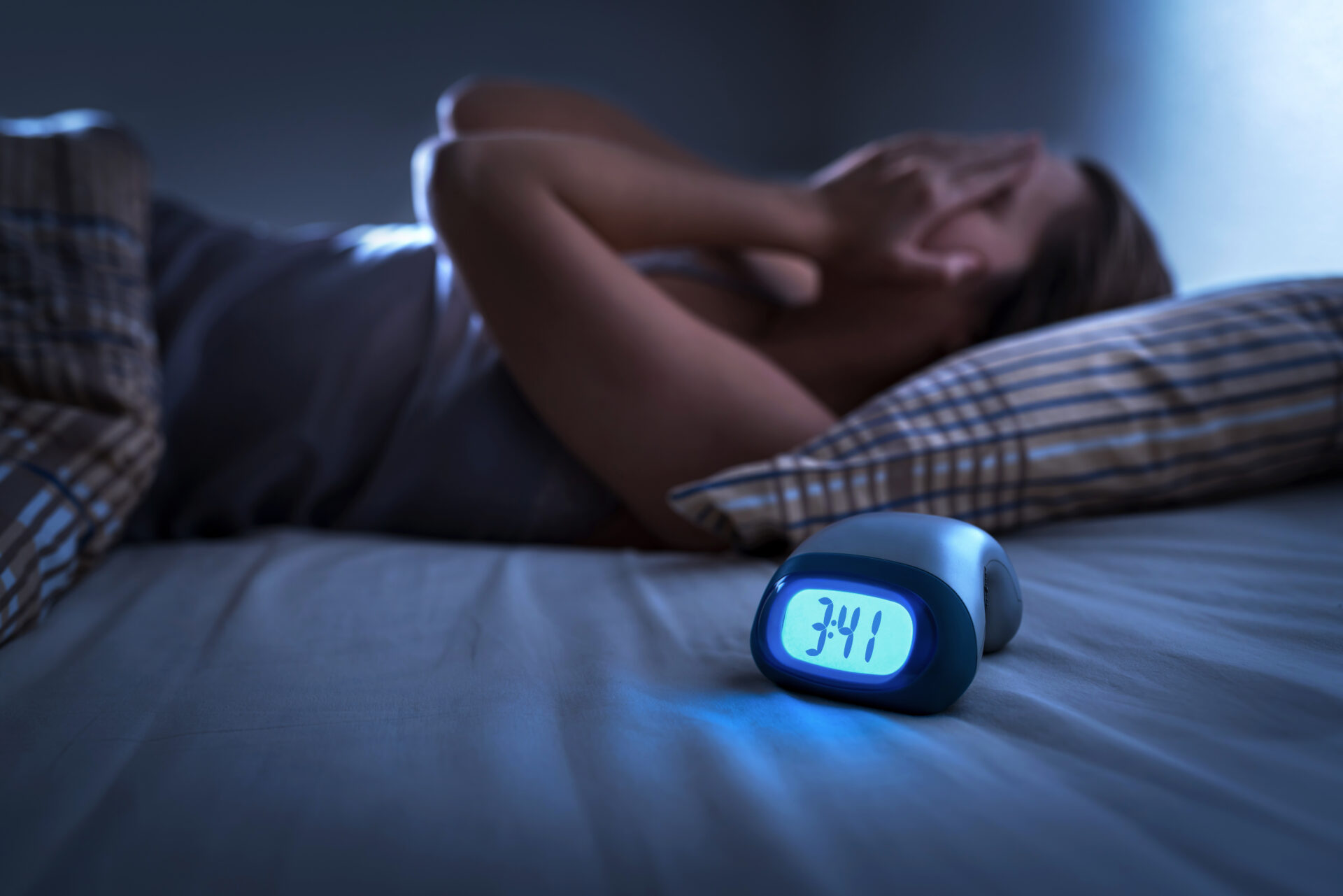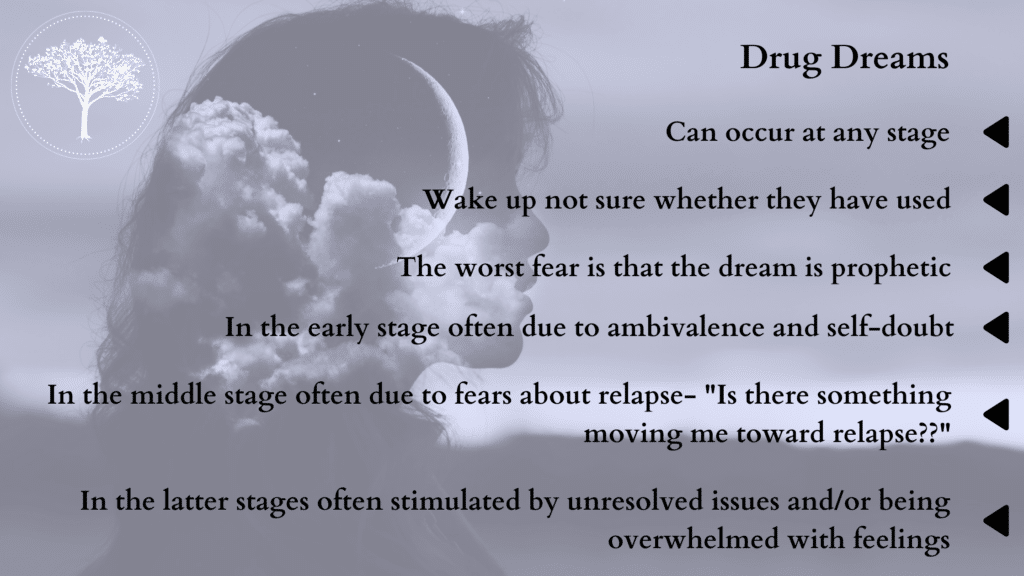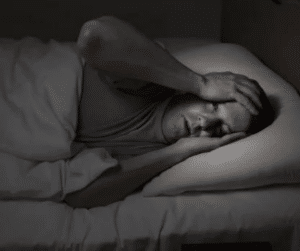Opioids (or narcotics) are medications prescribed by doctors to help reduce symptoms associated with chronic or persistent pain such as headaches or backaches. Some prescription opioids are also used by patients recovering from a surgical procedure or struggling with severe pain associated with cancer or chronic injury. Most of the opioid drugs people are familiar with are legal; however, a significant portion of the population struggles with addictions to illegally manufactured opioids as well. Opioid drugs, whether prescription or illicit, work by attaching themselves to the opioid receptors in the brain, on the spinal cord, and in other parts of the body. This connection blocks pain messages sent from the body through the nervous system to the spinal cord and the brain. When someone uses a prescription or illegal opioid, the pain that they struggle with becomes manageable. Prescription opioids are highly beneficial for pain management; however, the risk of addiction requiring intervention at an addiction treatment center is high.
What Are Opioids?

Opioids are a class of drugs that includes illegal substances (such as Heroin), synthetically produced opioids like fentanyl, methadone, and suboxone, and prescription pain medications such as oxycodone morphine, and hydrocodone, among others. All opioid drugs, whether prescription or otherwise, are chemically related. Each acts on the opioid nerve cells throughout the body and brain, producing feelings of euphoria, joy, and pain relief. Even prescribed use can lead to dependency and addiction.
Suboxone and methadone are frequently used in an addiction treatment setting as part of medically assisted addiction detox and therapy. When used under supervision, methadone and suboxone can significantly help to decrease the intensity and severity of withdrawal symptoms. Unfortunately, they are also frequently misused, leading to severe withdrawal symptoms.
How Do Opioids Work?
Opioids bind to opioid receptors, which are proteins that attach to nerve cells. These receptors are found in the brain and spinal cord, as well as in the gut and other body parts. When opioids bind to these receptors, they block pain messages that the body sends to the brain, which in turn sends pain messages back to the brain via the spinal cord. Although opioids are effective at relieving pain, they come with some risks and are highly addictive. Opioids are particularly addictive when used to treat chronic pain over an extended period.
What Are The Potential Side Effects?
Opioids may result in various side effects, including but not limited to:
- Sleep disturbances
- Constipation
- Nausea
Additionally, opioids can lead to more severe, potentially life-threatening side effects. An opioid overdose may manifest with symptoms such as:
- Shallow breathing
- Slowed heart rate
- Loss of consciousness
Abrupt cessation of opioid use can also give rise to withdrawal symptoms, including nervousness and insomnia. It is crucial to note that opioids have a significant potential for addiction. These substances influence the brain and body, creating a perception of the drug as necessary for survival. Over time, tolerance may develop, prompting individuals to seek higher doses for pain relief, ultimately increasing the risk of addiction. Disturbingly, over 2 million Americans engage in opioid abuse annually, and more than 90 Americans lose their lives each day due to opioid overdose.
Why It’s Important to Go to a Treatment Center That Understands Opioid Addiction
Regular opioid use, more often than not, leads to the development of tolerance to their effects. Tolerance inevitably leads to physical and psychological dependence. When you are dependent on a substance and stop using it, painful and unpleasant symptoms can develop. In the case of opioid addiction, these symptoms, also called withdrawal symptoms, can sometimes be dangerous and even fatal. These detox and withdrawal symptoms are key reasons why it’s essential to go to a treatment center that understands opioid addiction.
When you stop using an opioid after developing a dependence on its effects, you will experience withdrawal. Some of the most common opioids that lead to withdrawal symptoms include prescriptions such as Oxycodone, Hydrocodone, Codeine, and Morphine; illicit drugs like Heroin and medications used to help treat addiction, including methadone. Depending on the substance you use, withdrawal symptoms can begin in as little as six hours after your last dose. Common opioid withdrawal symptoms include sweating, gastric disturbances, anxiety, body aches, agitation, nausea, and vomiting. Other, more severe symptoms include delirium tremens (DTs), irregular respirations, irregular heartbeat, and seizures.
The more severe symptoms related to opioid withdrawal make detoxing in a safe environment essential to your health and safety. It is not uncommon for someone addicted to opioids to attempt to detox on their own or “cold turkey.” Due to the unpredictable and often unpleasant nature of withdrawal symptoms, these unsupported attempts frequently lead to relapse as withdrawal symptoms eventually become too difficult and overwhelming to manage. In a medically supervised detox setting like Relevance, trained medical staff is available to guide you through the detox process and ensure your safety throughout while assisting with symptom management. Detox is often a difficult process, but it is the first essential step on the journey to sobriety.
If you are ready to start your journey toward overcoming addiction, reach out to the team at Relevance Recovery today to learn more about our opioid addiction treatment programs.











